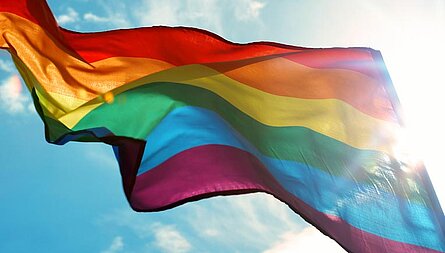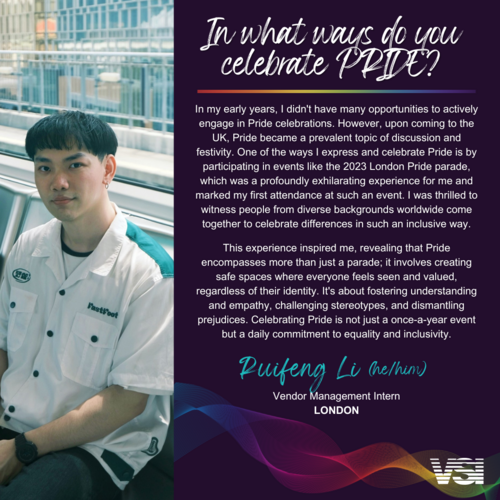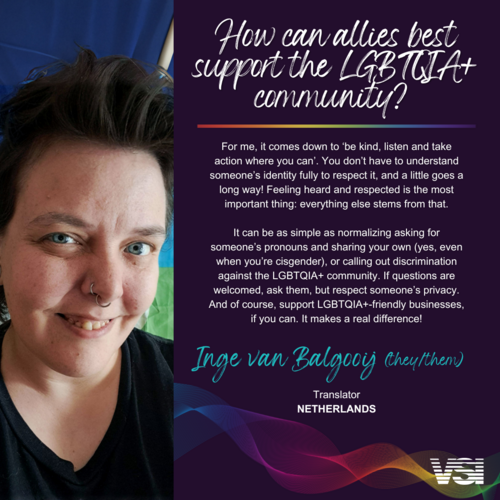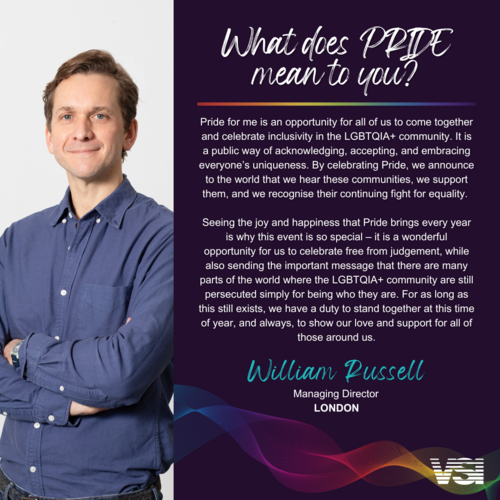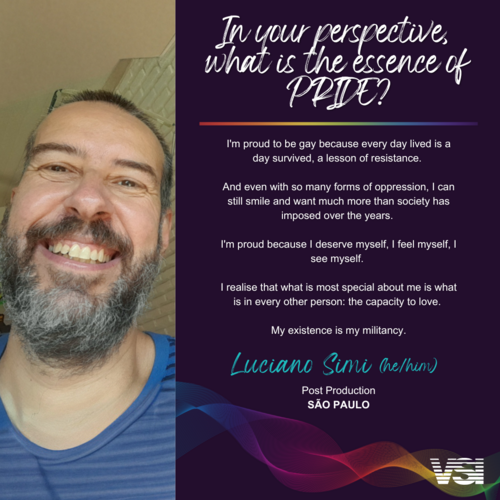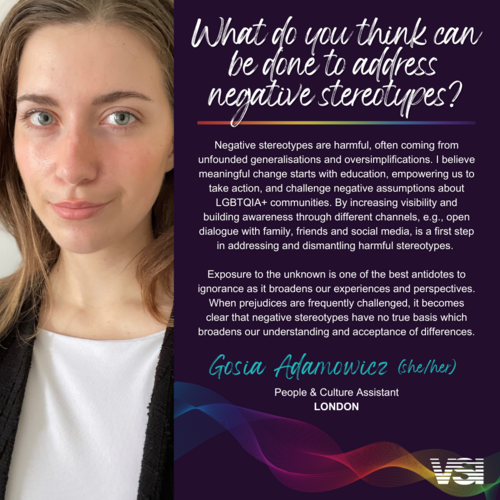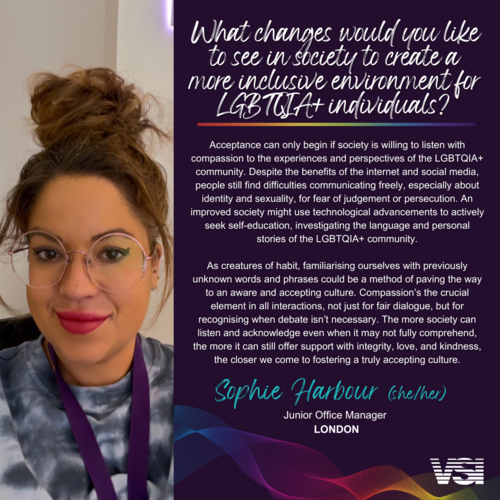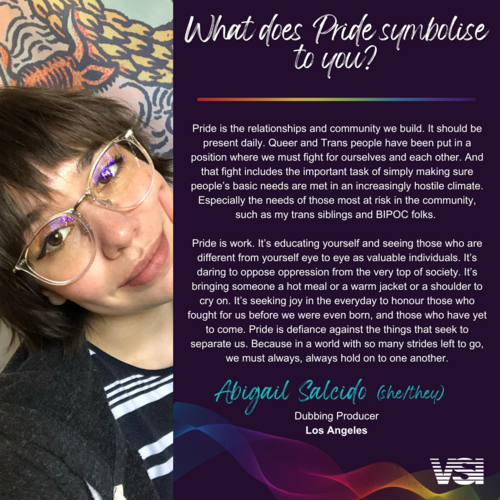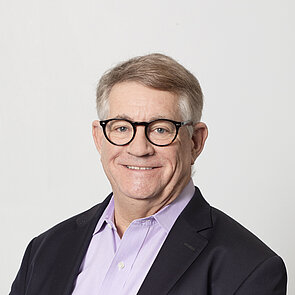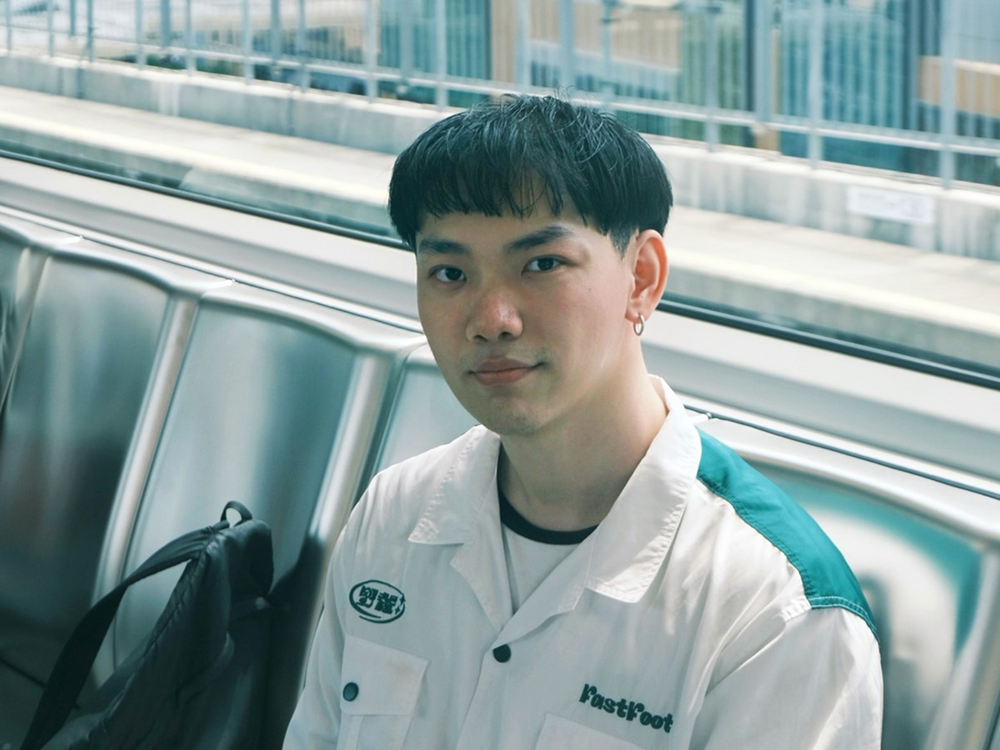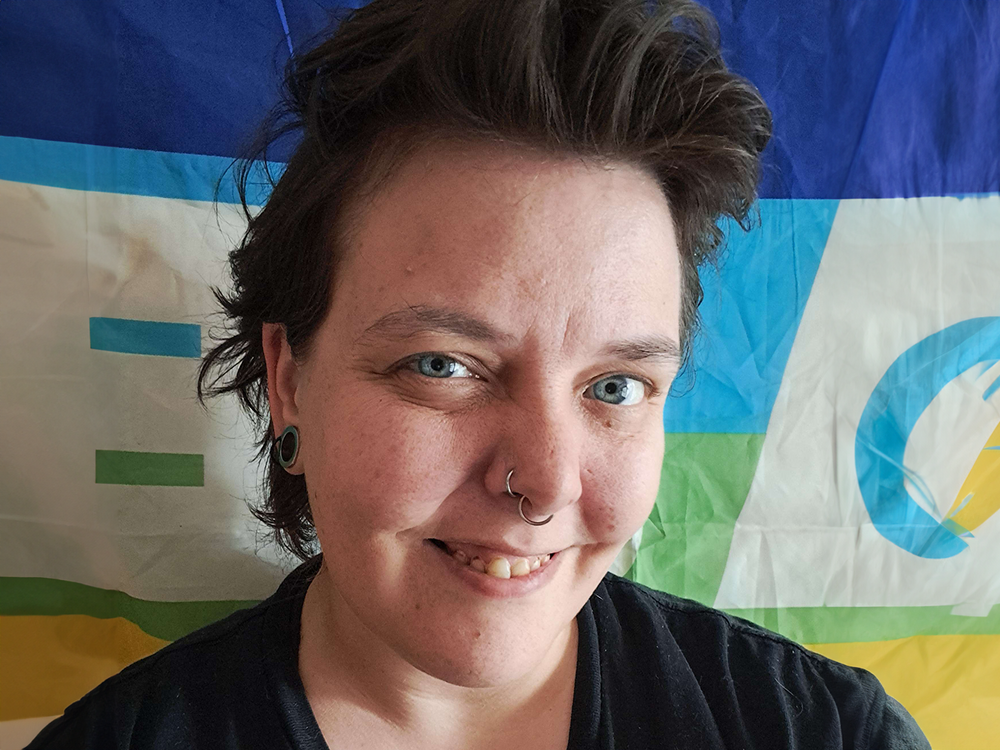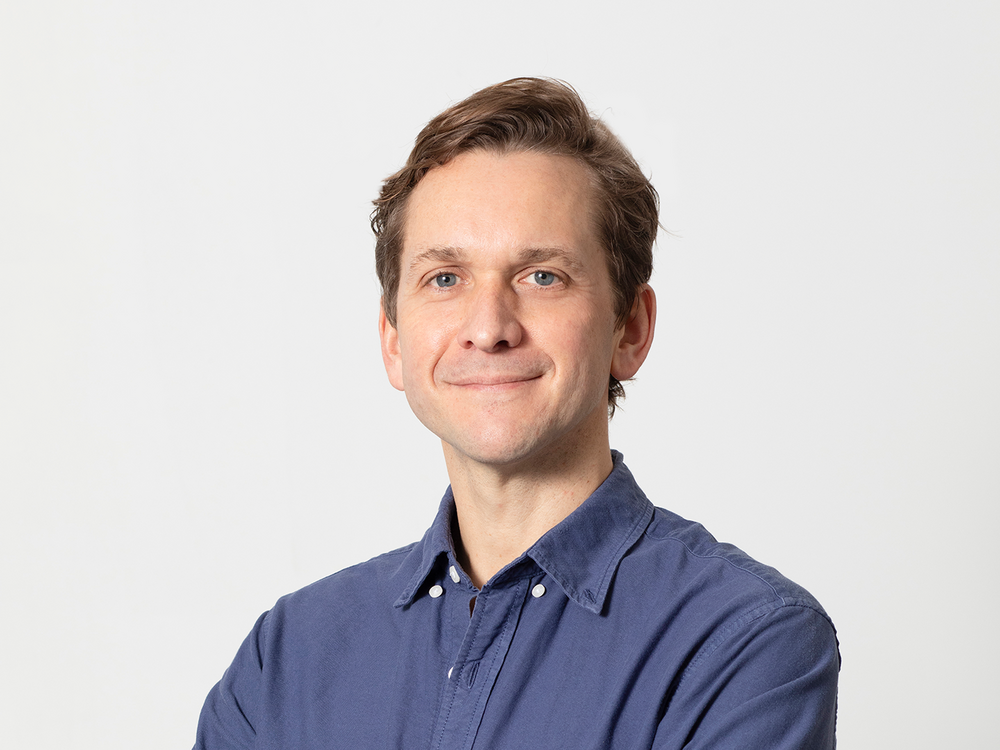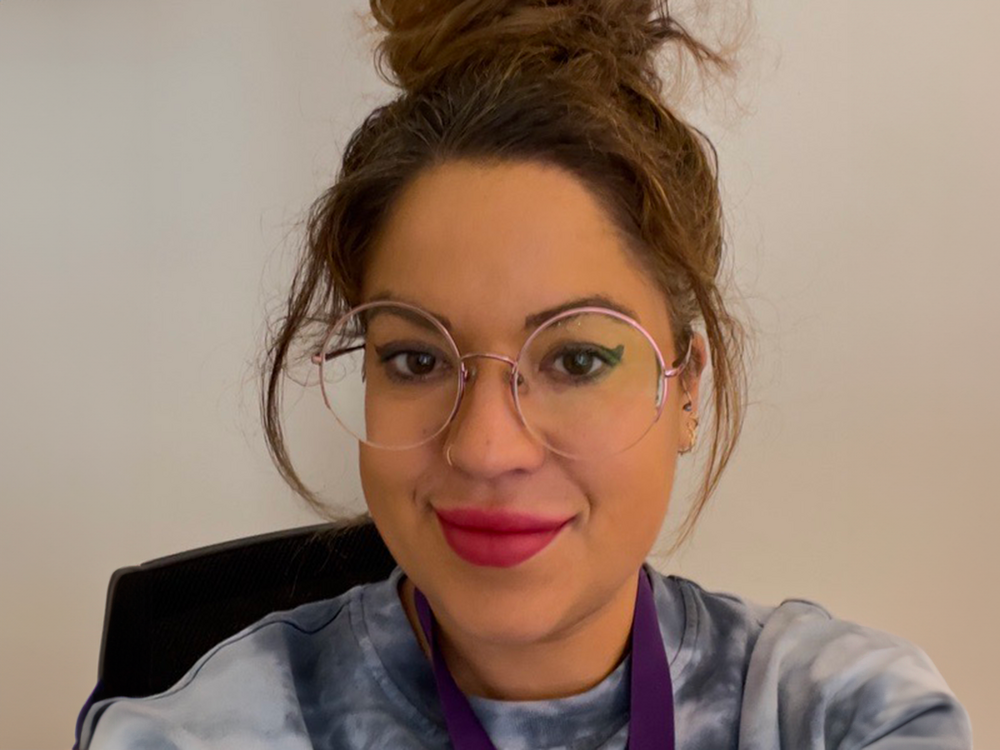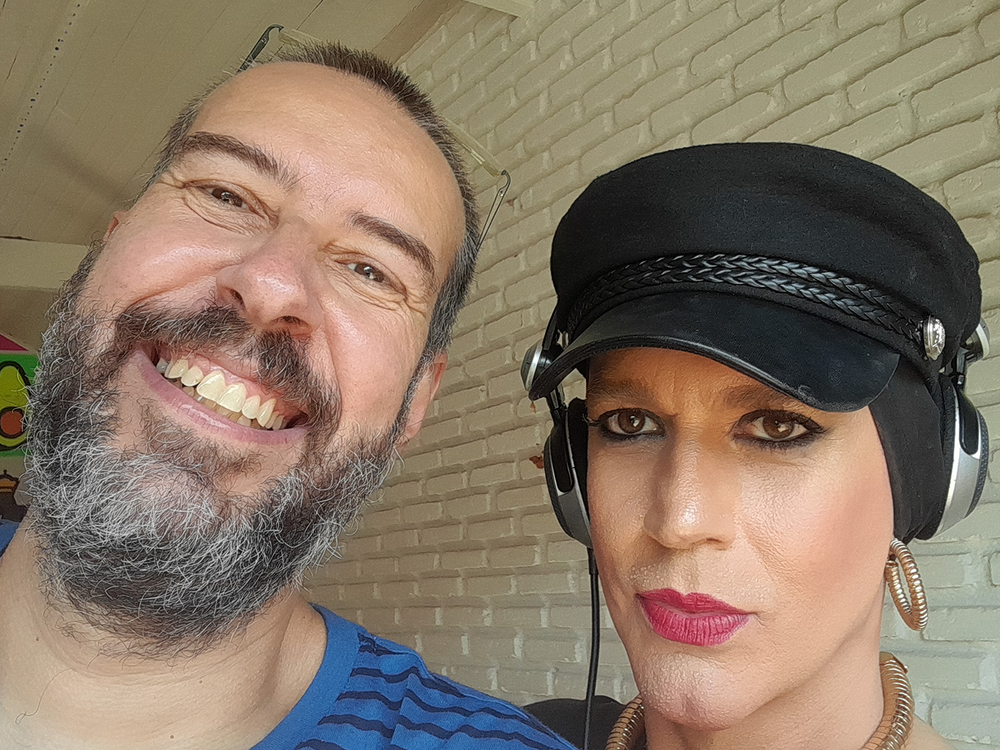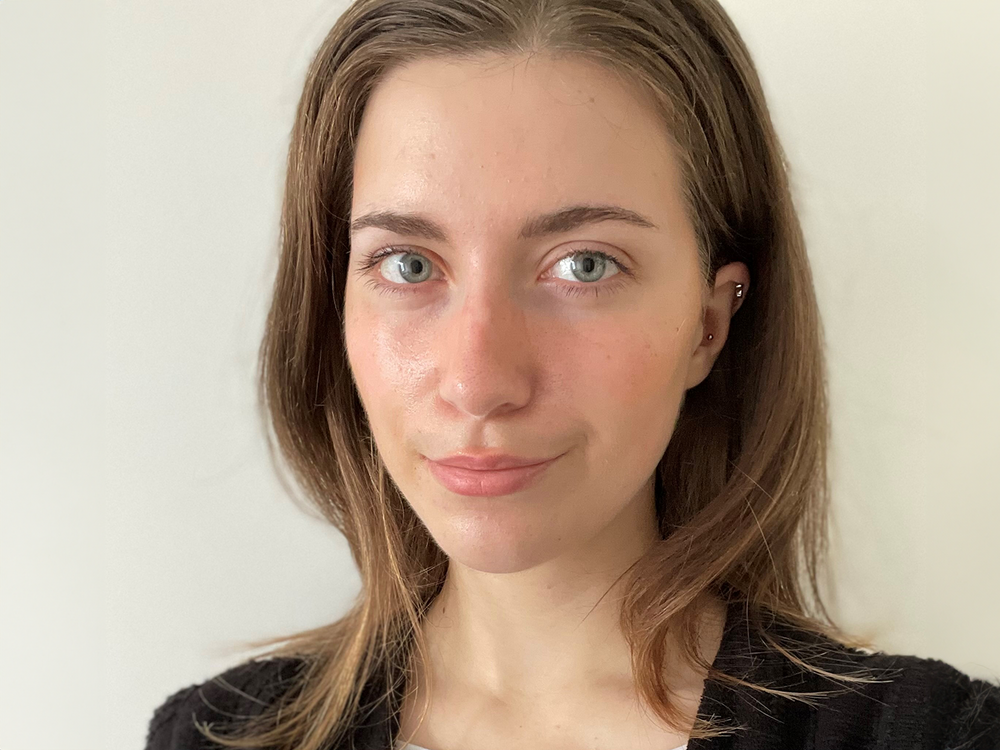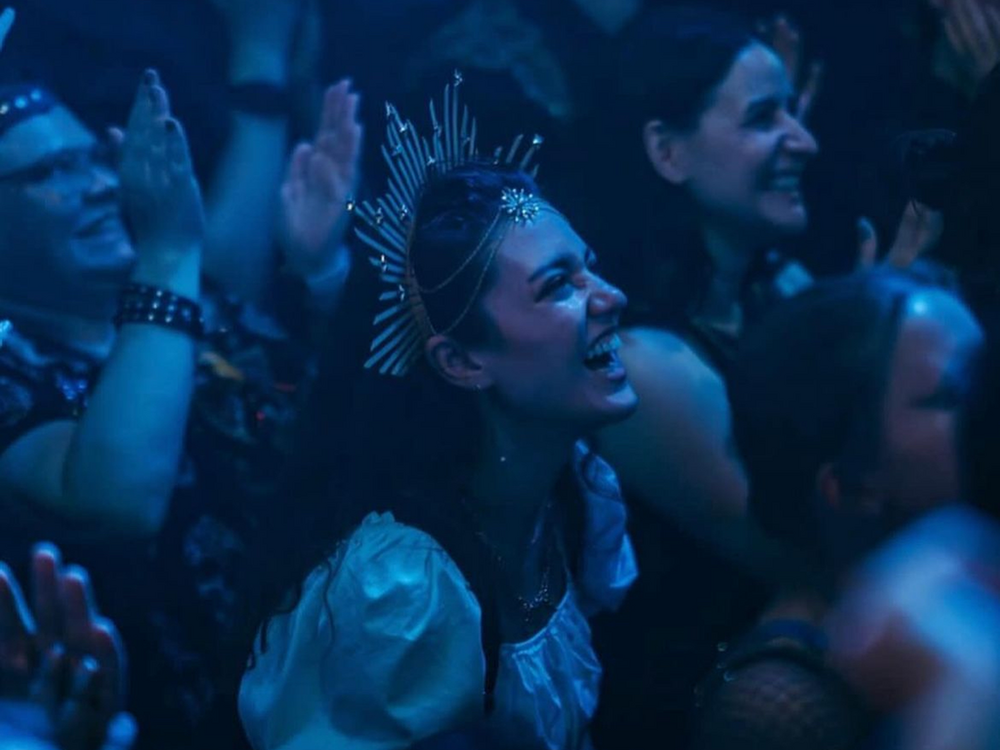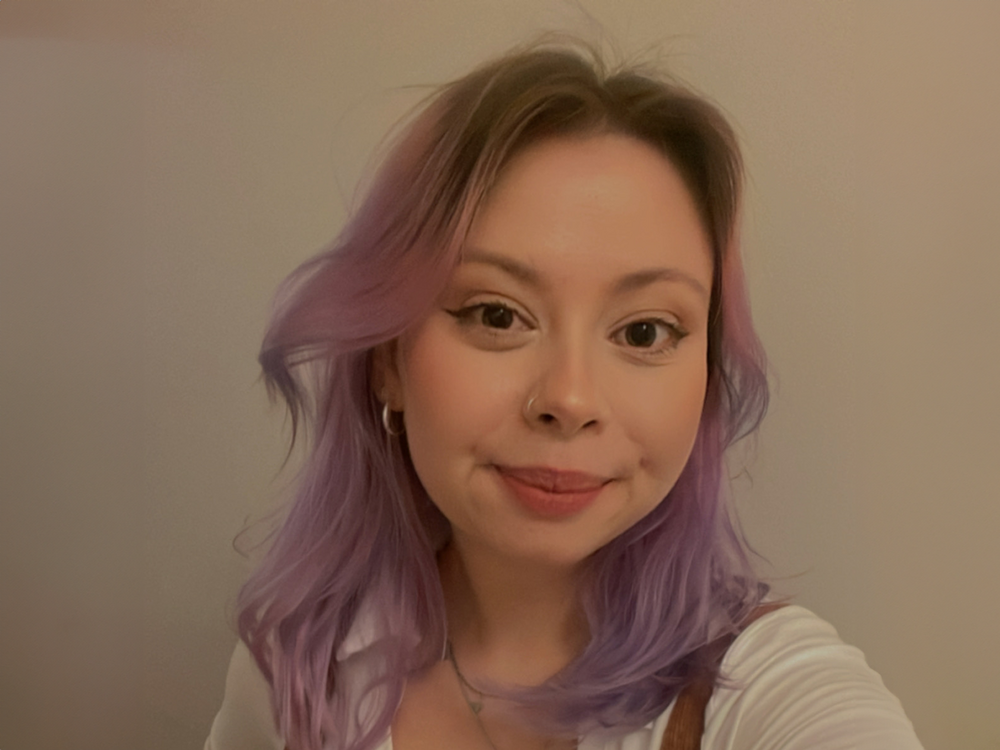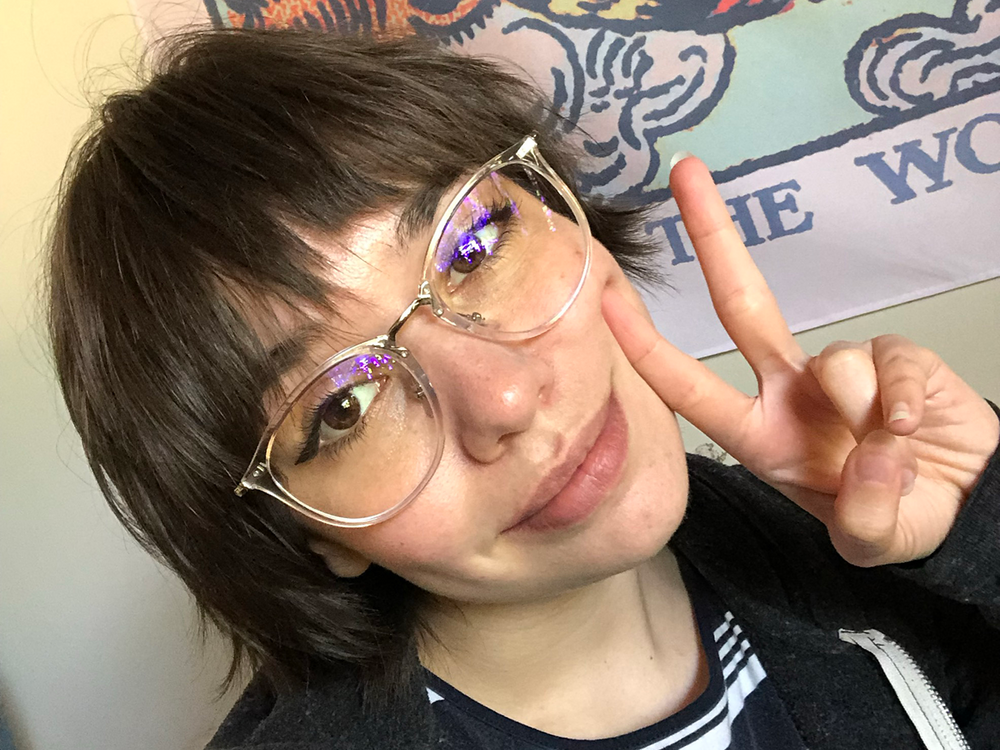Celebrating Pride 2024
Since our founding in 1989, diversity and inclusion have always been cornerstones of the VSI Group. Our commitment to these values ensures that our staff reflect the vibrant and diverse communities we serve.
Pride Month has its roots in the courageous actions of individuals who marched for rights and equality. Despite the progress made over the years, celebrating Pride is still necessary as many in the LGBTQIA+ community continue to face discrimination, prejudice and inequality.
At VSI, we are proud to foster an environment where everyone can thrive as their authentic selves. We are excited to highlight the voices and stories of our global team members as they share what Pride means to them.

